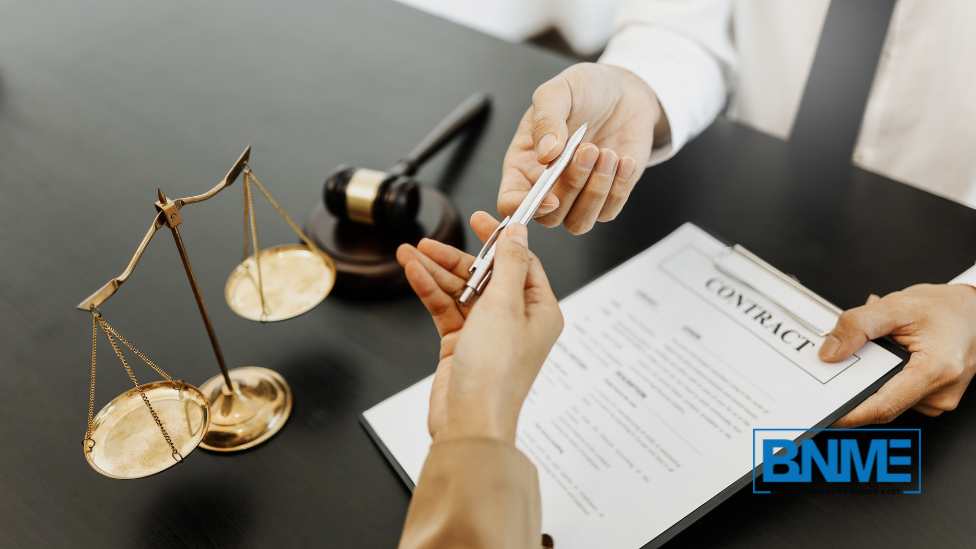Blockchain technology has changed different sectors in different countries in the world. The United Arab Emirates remains one of the major adopters of the technology. The Emirates has used blockchain in different sectors.
UAE’s Legal System
The UAE has seven Emirates.These include Abu Dhabi, Dubai, Sharjah, Ajman, Um Al Quwain, Fujairah, and Ras Al Khaimah. The constitution allows each Emirate the right to run its own judicial system. Consequently, there are Federal courts and local courts within the UAE. Abu Dhabi, Dubai, and Ras Al Khaimah have chosen to establish their own judicial systems, while the remaining Emirates are part of the federal judicial system.
Both the Federal courts and the local courts are tasked with applying UAE Federal law, as well as the local laws enacted by the ruler of the respective Emirate. While legal procedures and laws across the individual Emirates share similarities, there are notable differences.
Additionally, there are two courts in the UAE that operate under common law and conduct proceedings in English. These are the Dubai International Financial Center Court (DIFC Court) and the Abu Dhabi Global Market Court (ADGM Court).
The UAE uses a dual legal system of civil and Sharia laws. Recently, the system has been extended to include common law, as practiced in Dubai International Financial Centre Courts (DIFC).
UAE draws the principles of its laws from from Islamic Sharia (the system of law). However, most legislations in the UAE are a mixture of Islamic laws and other civil laws, such as Egyptian and French civil laws.
What Blockchain Brings to UAE’s Legal System
UAE has been actively exploring the integration of blockchain technology into various sectors, including the legal system. Here are some potential applications of blockchain in the UAE’s legal system:
Smart Contracts
Smart contracts can automate and enforce legal agreements. This could streamline various processes within the legal system, such as contract management, dispute resolution, and transaction execution.
Document Authentication
Blockchain creates a secure and immutable record of legal documents, such as contracts, wills, property deeds, and court judgments. Keeping these documents on a blockchain held for the easy verification of the document’s authenticity and integrity.
Evidence Management
Blockchain technology provides a secure and tamper-proof system for storing and managing evidence in legal proceedings.
Identity Verification
Blockchain-based identity verification systems can enable secure and decentralized authentication of individuals involved in legal transactions and proceedings. This can help you to prevent fraud and identity theft while also ensuring privacy and confidentiality.
Dispute Resolution
Blockchain-based dispute resolution platforms can provide a transparent and efficient mechanism for resolving legal disputes, such as arbitration and mediation. These platforms can offer faster and more cost-effective alternatives to traditional litigation.
Final Words
Blockchain keeps reminding us of the new order of running businesses, organizations, and even governance. The UAE’s legal system can potentially record positive results with the adoption of blockchain technology.




























